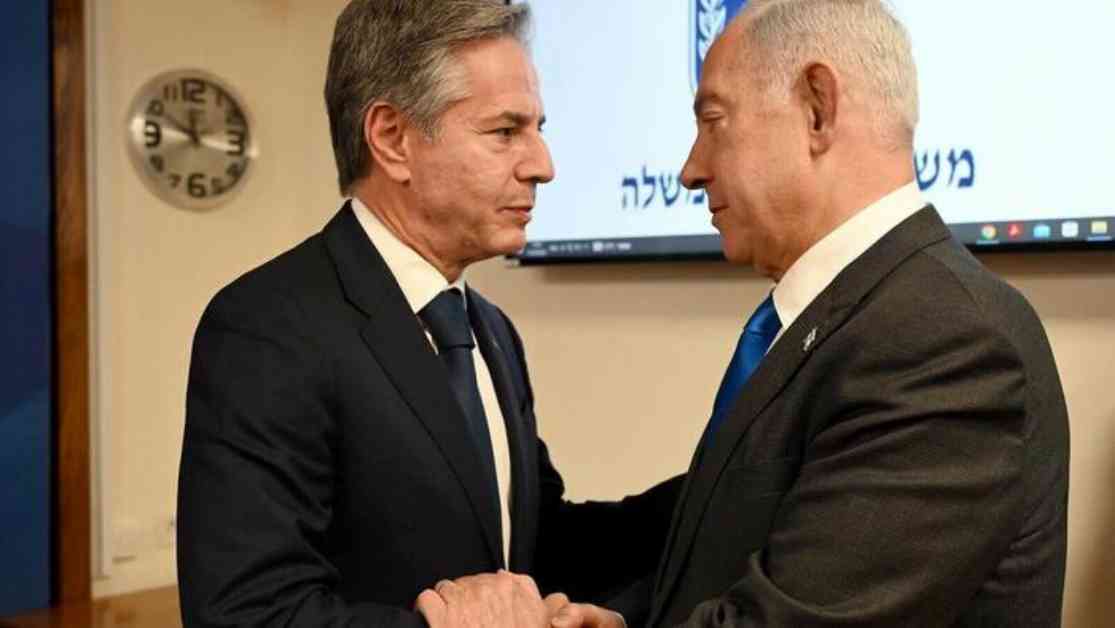Israeli Prime Minister Benjamin Netanyahu has criticized the Biden administration for allegedly withholding weapons transfers to Israel, going against promises made to remove all restrictions on arms deliveries. Netanyahu made these accusations during a video address where he discussed his recent meetings with US Secretary of State Antony Blinken in Israel. He expressed frustration over the reported delay in weapons and ammunition deliveries, hinting that this could hinder Israel’s ability to swiftly end ongoing conflicts.
Netanyahu referenced a historical statement by UK leader Winston Churchill during World War II, urging the United States to provide the necessary tools for Israel to effectively address the current situation. He emphasized the importance of receiving American weapons to expedite conflict resolution. Despite reports of delays in weapons deliveries, major arms packages for Israel, including 50 F-15 fighter jets worth over $18 billion, are still progressing through Congress.
On the other hand, Democratic lawmakers like Rep. Gregory Meeks have raised concerns about ensuring that US weapons provided to Israel are not used for committing war crimes or targeting civilians. Meeks emphasized the need for humanitarian aid to reach those in need and called for a peaceful resolution to the conflict, including the release of hostages and a two-state solution.
The debate over arms sales to Israel revolves around the belief that advanced weaponry can lead to more precise targeting, potentially reducing civilian casualties in conflict zones. While the Biden administration faces pressure to uphold its commitments to Israel, concerns about the ethical use of US weapons and the promotion of peace in the region remain significant factors in decision-making processes.
In light of these developments, the relationship between the US and Israel continues to be a topic of contention, with political implications both domestically and internationally. The decisions surrounding arms transfers reflect broader discussions on foreign policy, human rights, and conflict resolution strategies in the Middle East. As the situation evolves, stakeholders on all sides will need to navigate complex challenges to promote stability and security in the region.








